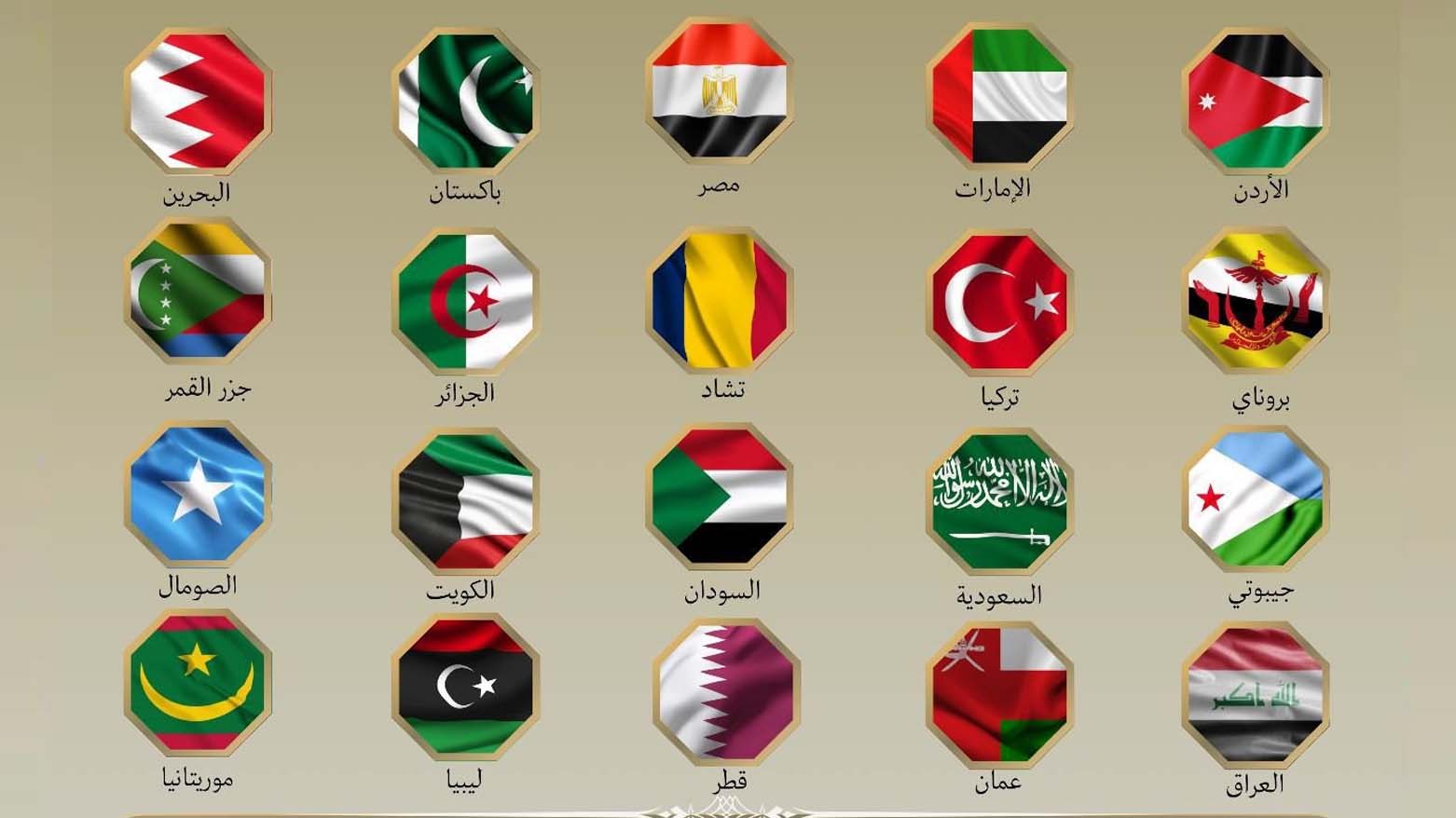Regional Bloc Issues Joint Statement Against Israeli Attacks on Iran
20 nations, including Egypt, Iraq, and Türkiye, condemned Israel's strikes on Iran, calling for an immediate ceasefire, respect for international law, and renewed diplomacy. They urged a nuclear-free Middle East and warned against targeting IAEA-monitored facilities.

By Kamaran Aziz
ERBIL (Kurdistan24) — A group of 20 countries issued a joint statement condemning recent Israeli military attacks against Iran, calling for an immediate halt to hostilities and urging a return to diplomatic efforts aimed at de-escalating regional tensions.
According to the joint statement, released following recent consultations between foreign ministers, the signatory states expressed their “categorical rejection and condemnation of Israel’s recent attacks on the Islamic Republic of Iran since the 13th of June 2025.”
The countries signing the joint statement include Algeria, Bahrain, Brunei Darussalam, Chad, the Comoros, Djibouti, Egypt, Iraq, Jordan, Kuwait, Libya, Mauritania, Pakistan, Qatar, Saudi Arabia, Somalia, Sudan, Türkiye, the Sultanate of Oman, and the United Arab Emirates.
The statement further condemned any actions that contravene international law and the United Nations Charter, stressing the importance of respecting state sovereignty and the principles of good neighborliness.
Highlighting the need to immediately stop Israeli hostilities against Iran, the signatories expressed deep concern about the ongoing escalation, warning of potentially grave consequences for peace and stability throughout the region.
Among the core demands in the statement was the “urgent necessity of establishing a Middle East Zone Free of Nuclear Weapons and Other Weapons of Mass Destruction,” a framework they asserted must apply to all countries in the region without exception. The signatories also called for universal accession to the Treaty on the Non-Proliferation of Nuclear Weapons (NPT).
The joint statement emphasized the importance of not targeting nuclear facilities under the safeguards of the International Atomic Energy Agency (IAEA), noting that such actions constitute violations of international law and the 1949 Geneva Conventions.
Calling for a prompt resumption of negotiations, the statement concluded that diplomacy and dialogue “remain the only viable path to resolving crises in the region,” stressing that military approaches are not a sustainable means of achieving resolution.
It also reaffirmed the importance of protecting the freedom of navigation in international waters and avoiding any actions that could threaten maritime security.